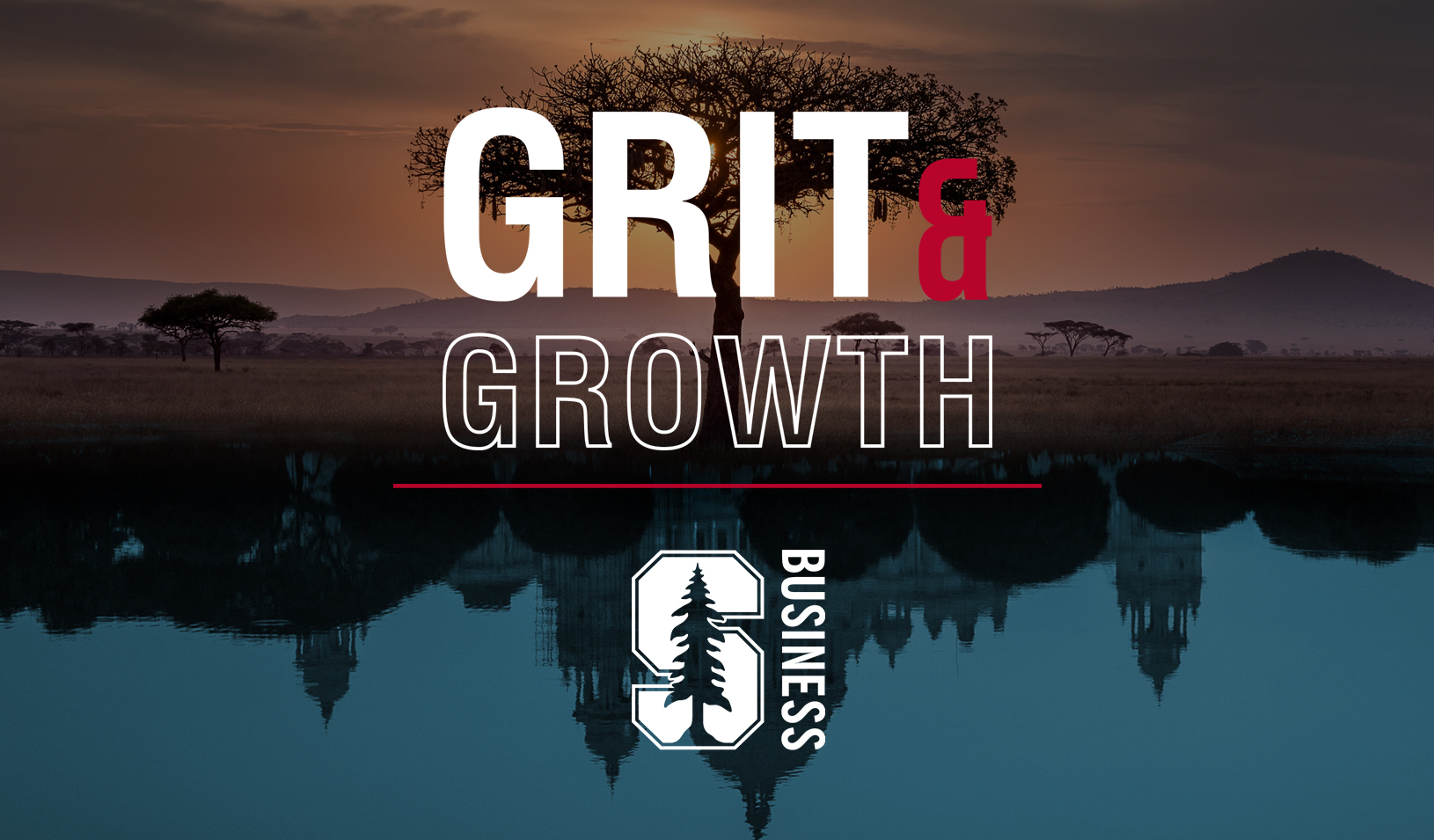August 25, 2014
| by Erika Brown Ekiel

Gina Bianchini, MBA ‘00 | Photo courtesy of Gina Bianchini
Gina Bianchini is the founder and CEO of Mightybell, where you can create your own social network with your purpose, your people, and your content. Before Mightybell, Bianchini and Marc Andreessen cofounded Ning, the largest social platform for communities of interests online.
Both companies are rooted in the same mission: “How do we bring people together around their goals, interests, passions, and professions in a way that we can learn from each other? I want to spend the rest of my life bringing people together around the things that are most important to them,” she says. Bianchini received her MBA from Stanford Graduate School of Business in 2000. She talks to us about fear, intuition, and War and Peace.
In 10 words or fewer, what is the big idea behind your business?
Your own smarter, vertical social network for a specific purpose.
What is the best advice you’ve ever received?
Do something every day that scares you. I think I saw it on a Lululemon bag. I love that idea. Entrepreneurship is the opposite of conformity. You create your own structure every single day. You have to do things that scare you and push you, and have to do them proactively because it is the only way to push your business forward. If I’m not ruthlessly prioritizing things that are harder and scarier than what I’m comfortable with, I’m probably not working on the right things.
What was the most difficult lesson you have learned on the job?
The importance of trusting my gut about people I want to work with. In every recruiting interview I have ever done, I’ve known within the first few minutes what their strengths and issues are going to be. When I am excited about someone and feel we have a good chemistry and a shared way of looking at the world, those end up being the best hires.
What advice would you give other entrepreneurs on how to build a great business?
It isn’t one pithy thing. Entrepreneurship and success in general can’t be summarized in sound bites. You need a certain level of fearlessness and you need to recover quickly from failure. Success lies in how many experiments you can run. You need to learn faster than your competition – and ship product!
If there was one thing that has enabled you to be successful as an entrepreneur, what would it be?
Resilience. I don’t stop. I learn, adapt, adjust, and keep going.
What values are important to you in business?
It is incredibly important to me that I surround myself with people who have high integrity. They do what they say and have a high output. They get a lot of work done and are mission driven. I am happiest when I am surrounded by people who push my thinking forward.
What impact would you like to have on the world?
I want to play some small role in the ability for people to find people like them, whether that’s third-grade teachers in dual-language classrooms or people who are self-employed.
Why are you an entrepreneur?
Right now I don’t see anyone else working on this problem in the right way. If I did, I would not be an entrepreneur. I am not an entrepreneur for entrepreneur’s sake. I have some natural comfort with chaos and uncertainty. And I have worked very hard to have a disciplined relationship to failure.
What was your first paying job?
I was a congressional page in the U.S. House of Representatives when I was 16. It was an experience and an adventure.
Do you think there is such a thing as balance? How do you achieve balance in your life?
I don’t think about balance. I think about integration. I lead a very integrated life. I love what I do and am so mission driven that I choose to spend my time on things that push that mission forward. It is a wonderful way to live.
What is the best business book you have read?
The most profound business education moment I had was as a senior at Stanford undergrad in Organizational Leadership. We read Don Quixote and War and Peace. I was so grateful for that class. The professor tied business and leadership to life. What I remember about War and Peace 20 years later is that characters who seem important can disappear at a drop of a hat. Likewise, someone who seems unimportant sticks around for 700 pages. Life is that way.
What businessperson do you most admire?
I have been fortunate to have up-close and personal relationships with some larger-than-life figures. Nobody is perfect. Everyone has superpowers. We are all wonderful and flawed at the same time. Deification is not very constructive.
What do you think is the greatest innovation in the past decade?
The smartphone. The miniaturization of technical components, as well as the possibility it brings.
For media inquiries, visit the Newsroom.






